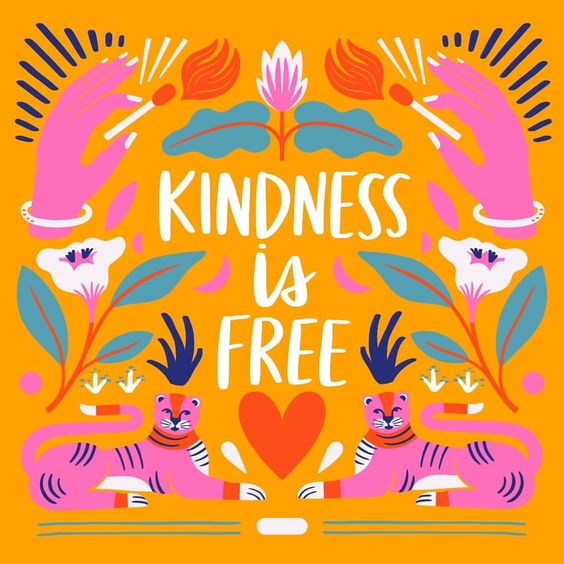Feel-good chemicals–they’re real. And they’re exactly what they sound like: Hormones that make you feel good, balanced, and happy. You know that feeling of bliss and accomplishment when you achieve something you’ve worked really hard for? Well, that’s the neurotransmitters in your brain being released. You don’t only get to benefit from the effects of endorphins when you slog, there are a bunch of activities you can do to boost them. I mean, who wouldn’t want to feel on top of the world a little more often, right? To learn more about how to boost our mood, we reached out to Mumbai-based psychologist Namita Malhotra for her top tips.
What are endorphins, really?
“These are neurotransmitters that are produced by our central nervous system and are the chemicals that are responsible for making us feel good. They play a pivotal role in our lives which includes reducing feelings of discomfort and pain,” explains Malhotra.
When in a stressful situation, do you respond by procrastinating or avoiding responsibilities? Does your heart tend to race? Do you get annoyed and irritated when you’re tensed? These are all behavioural, physiological, and psychological responses to stress and endorphins neutralize these reactions. “They are also released when we exercise, sleep and engage in sexual intercourse,” describes Malhotra.
How do endorphins affect our mental health?
“Several studies have suggested that there is a link between low endorphin levels and several mental health disorders like depression and increased feelings of anxiety,” says Malhotra. “They can also manifest in physical conditions like unexplained aches and body pain and sleep difficulties,” she says.
When endorphins are released, they provide relief from pain by binding themselves to the receptors in the body. Additionally, they reduce inflammation in the body and trigger the production of dopamine, another happiness hormone.
What are the factors that cause a decrease in endorphins?
“Prolonged exposure to stress can deplete the levels of endorphins in our body. It can also obstruct the production of more endorphins over time,” explains Malhotra. “Some other factors are an unhealthy diet, inadequate sleep, increased coffee or alcohol consumption, and physical and emotional distress,” she says.
How to boost endorphins naturally?
To get that rush of endorphins, there are several things you can do.
Sit in the sun

Image source: Instagram.com/AliaBhatt
“Regular sun exposure can boost the production and release of the feel-good hormones,” explains Malhotra. How? The UV rays of the sun push the cells to produce more endorphins. While this may help amp up your mood, we highly recommend being sun smart–think sunscreen and sun-protective clothing.
Do what you love

Image source: Instagram.com/AlayaF
“Doing any activity you love, including watching a show that makes you laugh or listening to music, can do the trick,” explains Malhotra. A 2017 study published in the Journal of Neuroscience reported that laughing in a social setting can help boost endorphins. The study also mentioned that laughter reduces cortisol a.k.a the stress hormone, which allows the body to relax.
Exercise and eat healthy daily

Image source: Instagram.com/SaraAliKhan95
“Exercising for 45 minutes every day and consuming a balanced diet that includes vegetables like asparagus, spinach, cherry tomatoes, nuts and seeds and fruits like bananas and pineapples can do wonders,” suggests Malhotra. A healthy diet ensures the smooth functioning of neurotransmitters in the body.
Deep breathing helps too

Image source: Instagram.com/MalaikaArora
“Try deep breathing exercises like the ‘4-7-8 technique’ to relax,” says Malhotra. When you take deep breaths, your heart rate shows down which allows more oxygen to enter your bloodstream. This gives your brain a signal that it is okay to relax. Wondering how to try this method? Here’s our guide. (hyperlink)
Be kind

Image source: Instagram.com/AmyTangerine
‘Helpers high’ or a literal state of happiness caused by doing a good deed is a real thing and acts of kindness cause your brain to release endorphins.